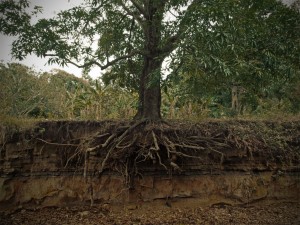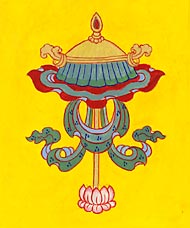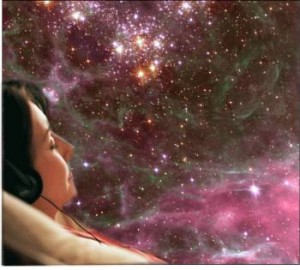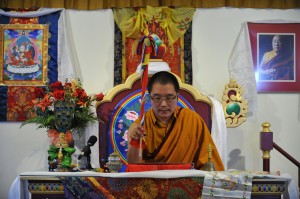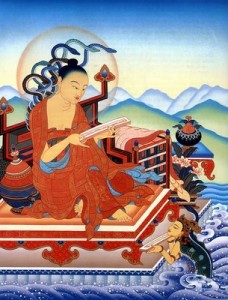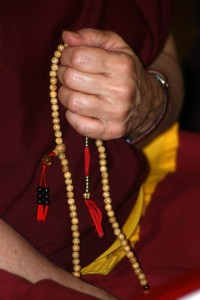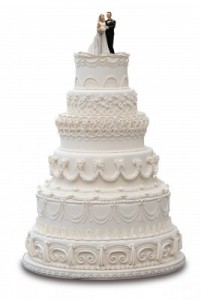An excerpt from a teaching by Jetsunma Ahkon Lhamo from the Vow of Love series
How does one cultivate the selfless goal of wanting to benefit all beings and not fall unconsciously into the trap of wanting to be a kind person? A good way to begin is to open our eyes and truly understand the nature of suffering. Why is there suffering in the world? Why is there suffering in the worlds unseen? If we don’t examine this idea, we might take what we see at face value. We might look at people in poor parts of town and say, “Oh they’re suffering because they’re poor.” We might look at people in different countries around the world and say, “Oh, they’re suffering because they’re hungry.” We might look at people in different situations and think we understand the nature of their suffering. But we’re looking at the symptom of their suffering. We’re looking at the fact that they are suffering, but we still do not understand why.
If we see that they are suffering – that some people are poor, some people are hungry, some people are old, some people are sick, and some people are dying — and do not probe to understand the reason for their suffering, we might fall into the trap of trying to do something about those apparent issues. There’s nothing wrong with doing something about those issues. In fact I hope you do, because human kindness – exemplary and virtuous human kindness – has to be part of this world, it has to be part of the activity that you, as Bodhisattvas, are involved in. But if you stop there, you will never succeed, because if you try to cure the symptom of suffering without going to the cause, it’s impossible. The suffering will simply pop up in new and different ways.
Copyright © Jetsunma Ahkon Lhamo. All rights reserved
© Jetsunma Ahkön Lhamo
